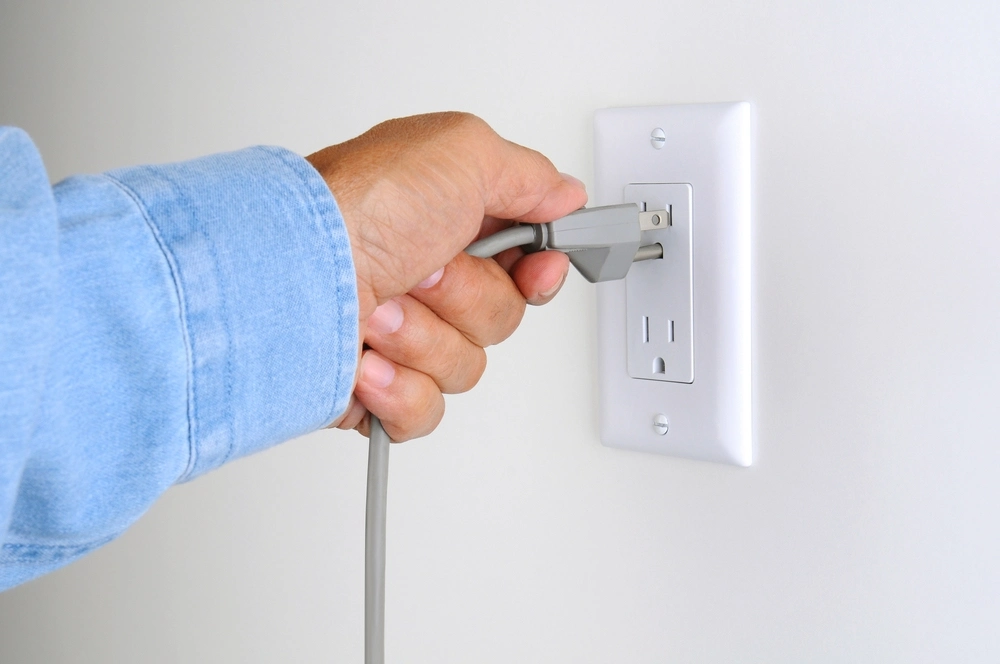Protecting patient information and ensuring regulatory compliance are paramount in dental software management. By implementing HIPAA-compliant systems, you can prevent unauthorized access, legal issues, and instill patient trust. These software solutions offer enhanced security through encryption, access controls, and seamless integration. Secure data management is key, including encryption, access controls, and regular backups. Educate your staff on HIPAA protocols and conduct ongoing compliance assessments. Discover more about the importance of HIPAA-compliant dental software for maintaining data security and patient confidence.
Key Takeaways
- HIPAA-compliant software ensures patient data security and confidentiality.
- Regular software updates and encryption are vital for compliance.
- Access controls and audit trails help prevent unauthorized access.
- Non-compliance risks include legal consequences and loss of reputation.
- Training staff on HIPAA requirements is essential for ongoing compliance.
The Significance of HIPAA Compliance
Ensuring HIPAA compliance in dental software management is vital for maintaining patient confidentiality and data security in the healthcare industry. Adhering to HIPAA regulations helps protect sensitive information from unauthorized access, ensuring patient trust and legal compliance. Implementing robust security measures and regular audits are critical to upholding HIPAA standards and safeguarding patient data within dental software systems.
Understanding Dental Software Requirements
Understanding the fundamental requirements of dental software is vital for ensuring efficient management of patient data and compliance with industry regulations. Dental software should include features such as secure data encryption, access controls, audit trails, and regular software updates to maintain HIPAA compliance. Integration capabilities with electronic health records and patient portals are crucial for streamlined operations and improved patient care.
Risks of Non-Compliance in Dentistry
Failure to adhere to HIPAA compliance standards in dental practices can result in significant legal and financial consequences, making it important for practitioners to be aware of the risks associated with non-compliance. Violations may lead to hefty fines, loss of reputation, patient distrust, and potential lawsuits. Safeguarding patient information through compliance is necessary to maintaining trust and professional integrity in the dental field.
Benefits of HIPAA-Compliant Software
HIPAA-compliant software offers improved data security by ensuring that patient information is protected against unauthorized access or breaches. Furthermore, it provides legal compliance assurance by helping dental practices adhere to the stringent regulations set forth by HIPAA. By safeguarding patient privacy, HIPAA-compliant software instills trust and confidence among patients regarding the protection of their sensitive health information.
Enhanced Data Security
Implementing HIPAA-compliant dental software improves data security within dental practices, ensuring the safeguarding of sensitive patient information. Improved data security features such as encrypted databases, access controls, and regular security audits help prevent unauthorized access and data breaches. By complying with HIPAA regulations, dental practices can instill trust in their patients and demonstrate a commitment to protecting their privacy and confidentiality.
Legal Compliance Assurance
The implementation of HIPAA-compliant dental software not only strengthens data security but also ensures legal compliance, offering various benefits to dental practices in safeguarding patient information and meeting regulatory requirements. By adhering to HIPAA regulations, dental practices can reduce legal risks, avoid costly penalties, and build trust with patients, demonstrating a commitment to protecting sensitive data and upholding ethical standards.
Patient Privacy Protection
Patient privacy protection in dental practices is an essential element of maintaining trust, confidentiality, and regulatory compliance. HIPAA-compliant software guarantees that patient data is securely managed and accessed only by authorized personnel. By implementing such software, dental practices uphold the highest standards of privacy protection, cultivating a sense of security and trust among patients. This not only guarantees compliance but also enhances the reputation of the practice.

Key Features to Look for in Dental Software
When evaluating dental software, it is vital to prioritize key features that align with regulatory requirements and practice efficiency.
- Security Measures: Guarantee strong encryption and access controls.
- HIPAA Compliance Tools: Features for overseeing patient data securely.
- Integration Capabilities: Ability to merge with current practice management systems.
Implementing Secure Data Management Practices
When it comes to implementing secure data management practices in HIPAA-compliant dental software, focusing on data encryption is essential for protecting sensitive patient information. Moreover, enforcing strict access control measures guarantees that only authorized personnel can view or modify patient records. Implementing robust data backup protocols ensures data integrity and availability in case of unexpected events or system failures.
Data Encryption Importance
Implementing data encryption is a vital component in ensuring secure data management practices within the realm of HIPAA-compliant dental software.
- Encrypting patient information at rest and in transit
- Utilizing strong encryption algorithms approved by HIPAA
- Regularly updating encryption protocols and keys
Access Control Measures
Access control measures play a critical role in safeguarding patient information within the framework of HIPAA-compliant dental software, ensuring secure data management practices are effectively implemented. By restricting access to authorized personnel only, these measures prevent unauthorized users from viewing or manipulating sensitive data. Implementing robust access controls helps maintain confidentiality, integrity, and availability of patient information, aligning with HIPAA regulations for data security in dental practices.
Data Backup Protocols
Data backup protocols are a fundamental component of maintaining secure data management practices in HIPAA-compliant dental software.
- Implement automated daily backups to prevent data loss.
- Utilize encryption methods to protect backed-up data during storage and transmission.
- Regularly test data restoration processes to guarantee quick recovery in case of emergencies.
Training Staff for HIPAA Compliance
Ensuring that all staff members receive thorough training in HIPAA compliance is critical for maintaining the integrity and security of patient information within a dental practice. Training should cover aspects such as handling patient records, data protection measures, and breach response protocols. Regular training sessions and refresher courses are crucial to keep staff up to date with the latest HIPAA regulations, ensuring a culture of compliance within the practice.
Ensuring Ongoing Compliance Maintenance
To maintain compliance with HIPAA regulations, consistent monitoring and regular audits are essential components of ensuring ongoing adherence to data security and patient privacy standards within a dental practice.
- Conduct regular security risk evaluations.
- Implement policies for data breach response and notification.
- Provide ongoing staff training on HIPAA requirements and best practices.
Frequently Asked Questions
How Can Dental Practices Ensure That Their Software Is Hipaa-Compliant?
Dental practices can guarantee software HIPAA compliance by choosing vendors offering encrypted data storage, secure transmissions, access controls, audit trails, and regular updates. Training staff on HIPAA regulations, conducting risk assessments, and maintaining documentation are crucial steps.
What Are the Potential Consequences of Not Using Hipaa-Compliant Software in a Dental Practice?
Not using compliant software in dental practice can result in severe consequences such as data breaches, legal penalties, reputational damage, and loss of patient trust. Ensuring adherence is critical for safeguarding sensitive patient information and maintaining professionalism.
Are There Any Specific Features That Dental Software Should Have to Ensure HIPAA Compliance?
To guarantee HIPAA compliance, dental software should incorporate characteristics like encrypted data storage, access controls, audit trails, and secure messaging. These functionalities help protect patient information, uphold confidentiality, and adhere to regulatory requirements effectively.
What Steps Can Dental Practices Take to Train Their Staff on HIPAA Compliance?
Dental practices can guarantee HIPAA compliance by implementing thorough training programs for staff. These programs should cover confidentiality protocols, data security measures, handling of patient information, and regular updates to stay abreast of evolving compliance requirements.
How Important Is It for Dental Practices to Regularly Update and Maintain Their HIPAA Compliance Measures?
Regularly updating and maintaining HIPAA compliance measures in dental practices is important to safeguard patient information, adhere to regulations, and reduce risks of data breaches. It guarantees ongoing protection and trust in the practice’s commitment to privacy.
Conclusion
Evaluating the utilization of HIPAA-compliant dental software is vital for maintaining data security, privacy standards, and enhancing operational efficiency in dental practices. By aligning business practices with HIPAA regulations, dental professionals can uphold patient trust, adhere to legal requirements, and optimize workflow. It is paramount to prioritize HIPAA compliance in dental software management to uphold the quality of care provided and safeguard the protection of patient information in today’s digital e.
You May Also Like:





